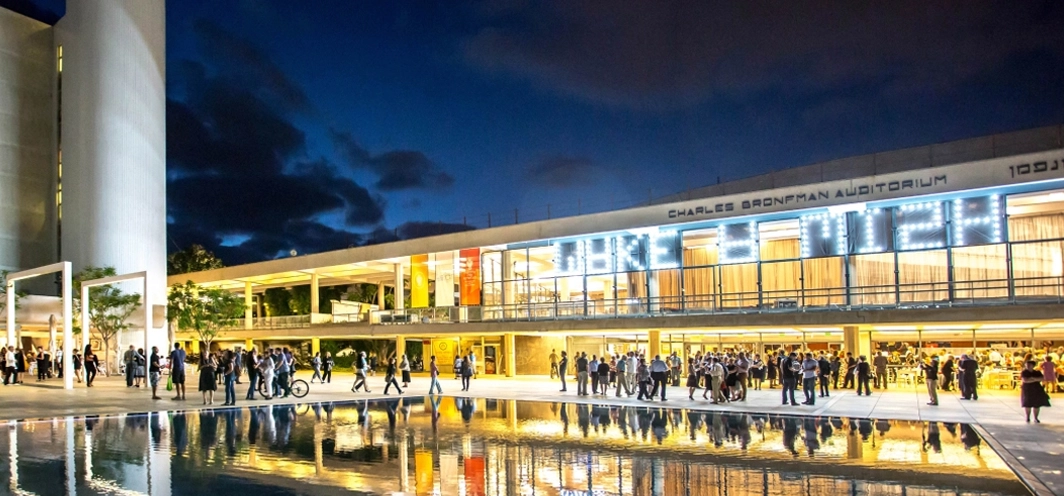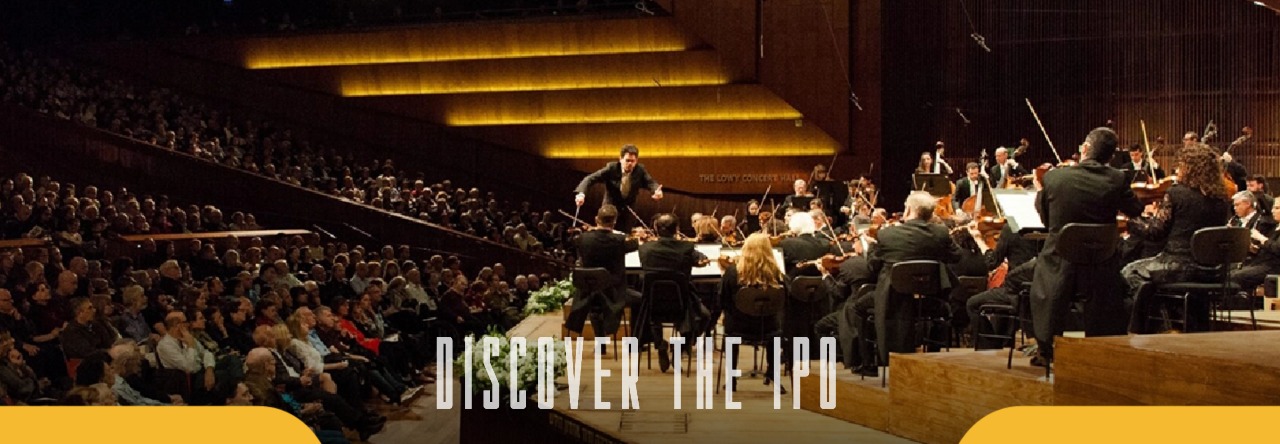
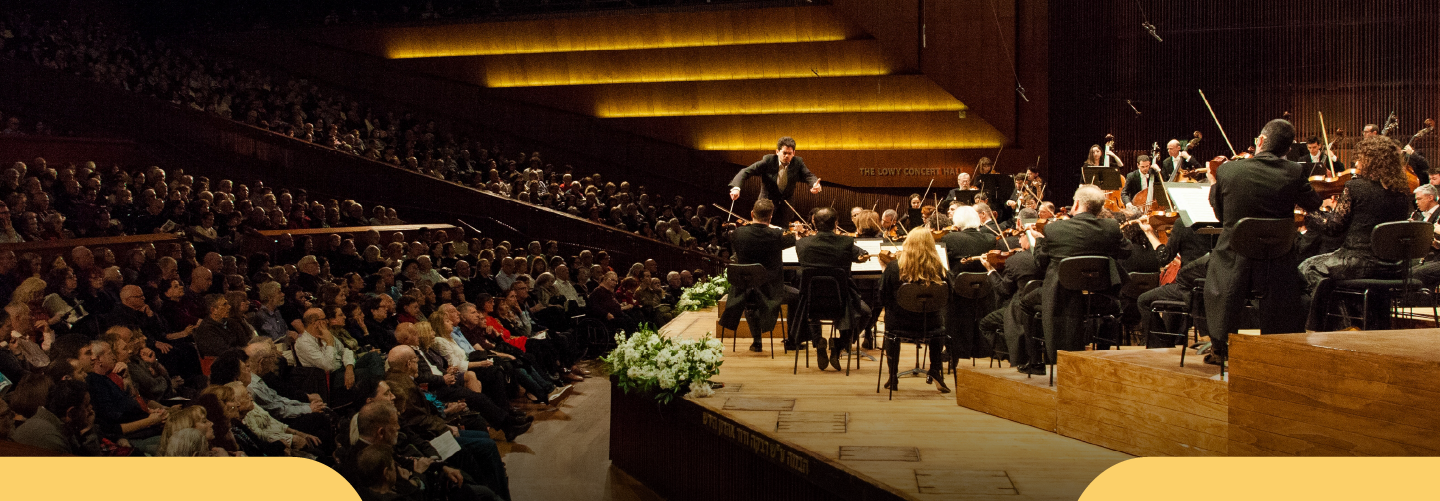
ABOUT THE ISRAEL PHILHARMONIC
The Israel Philharmonic Orchestra (IPO) is the leading orchestra in Israel and globally recognized as a world class symphonic ensemble. Founded in 1936 by famed Polish violinist Bronislaw Huberman, the IPO performs regularly in its home, the Charles Bronfman Auditorium in Tel Aviv, as well as across Israel, including Jerusalem and Haifa. Additionally, it tours internationally, from Europe to Asia to North and South America. Since its inception, the IPO has stood for humanitarian principles, artistic freedom, and the tireless pursuit of musical excellence.
MUSICAL LEADERSHIP
Music Director Lahav Shani
The Rosalinde and Arthur Gilbert
Foundation Chair
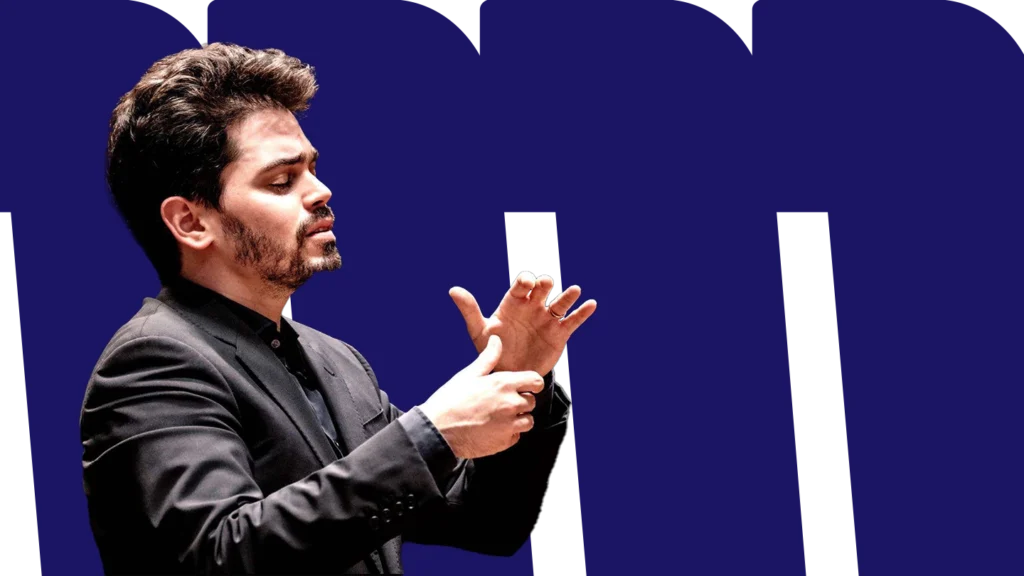
Music Director Emeritus
Zubin Mehta
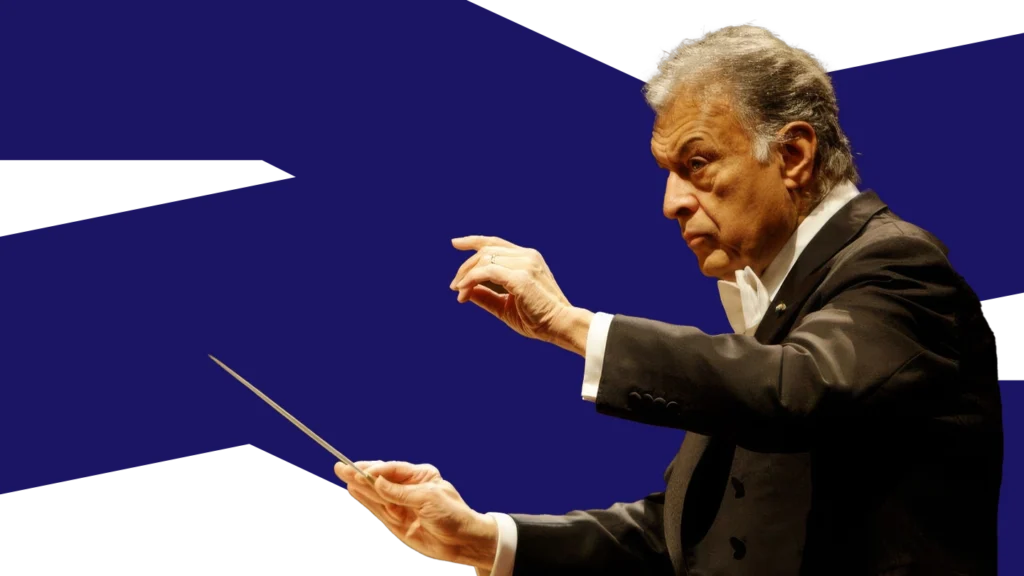
IPO Management
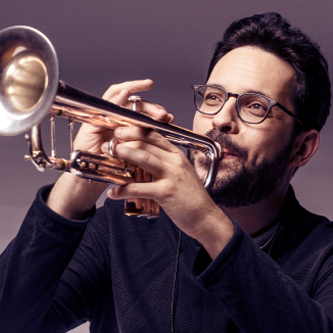
Yuval Shapiro
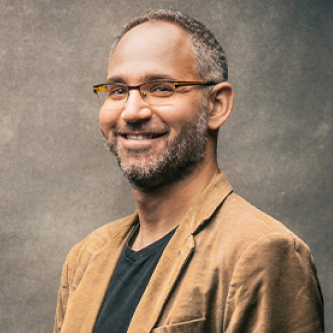
Jonathon Gertner
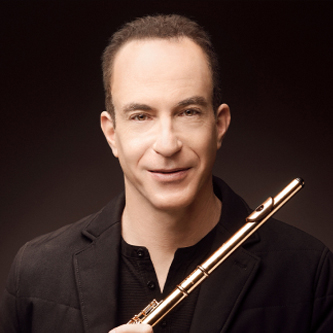
Boaz Meirovitch
MUSICAL LEADERSHIP
Music Director Lahav Shani
The Rosalinde and Arthur Gilbert
Foundation Chair
Music Director Emeritus
Zubin Mehta
IPO Management

Yuval Shapiro

Jonathon Gertner

Boaz Meirovitch
MUSICAL LEADERSHIP
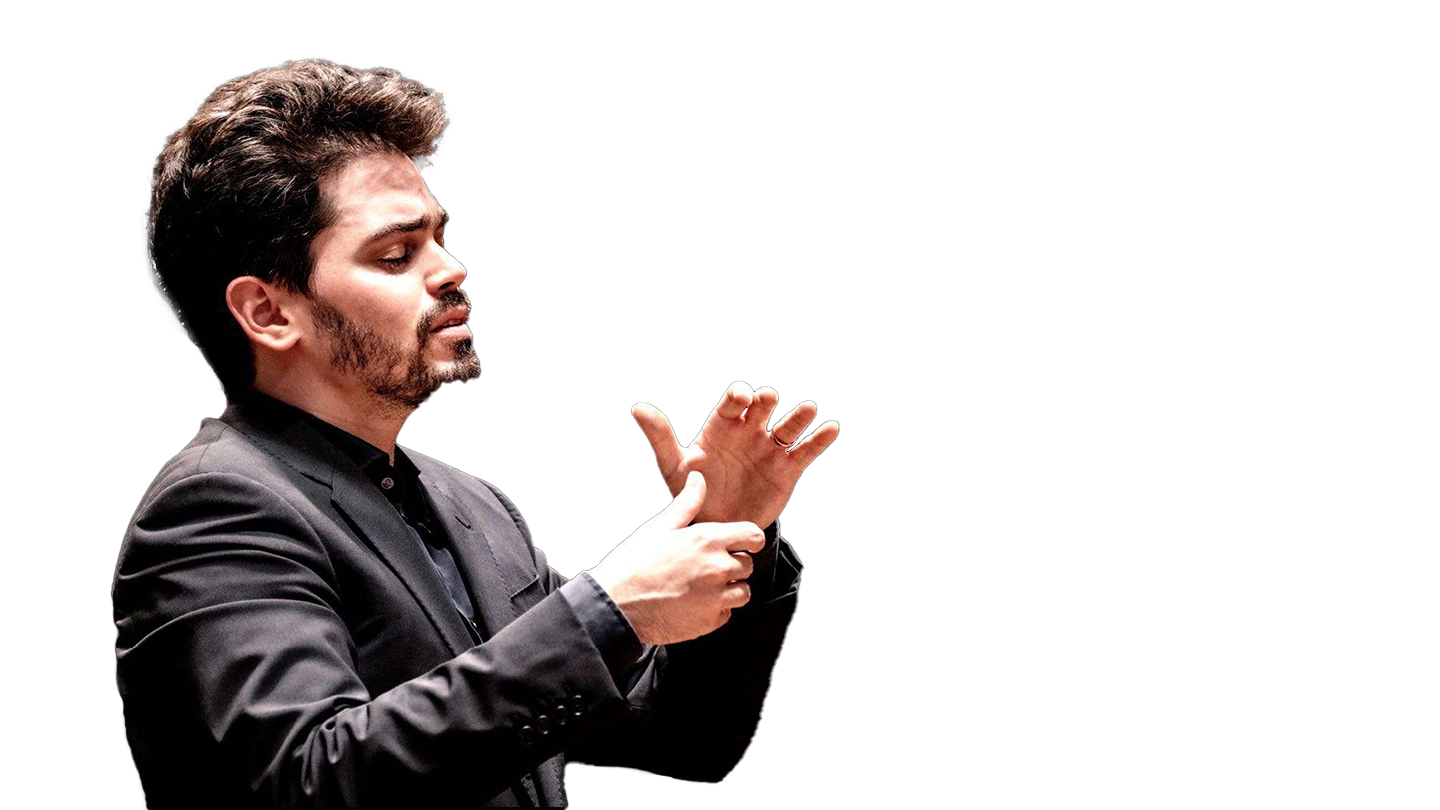
Music Director Lahav Shani
The Rosalinde and Arthur Gilbert Foundation Chair
Music Director Emeritus
Zubin Mehta
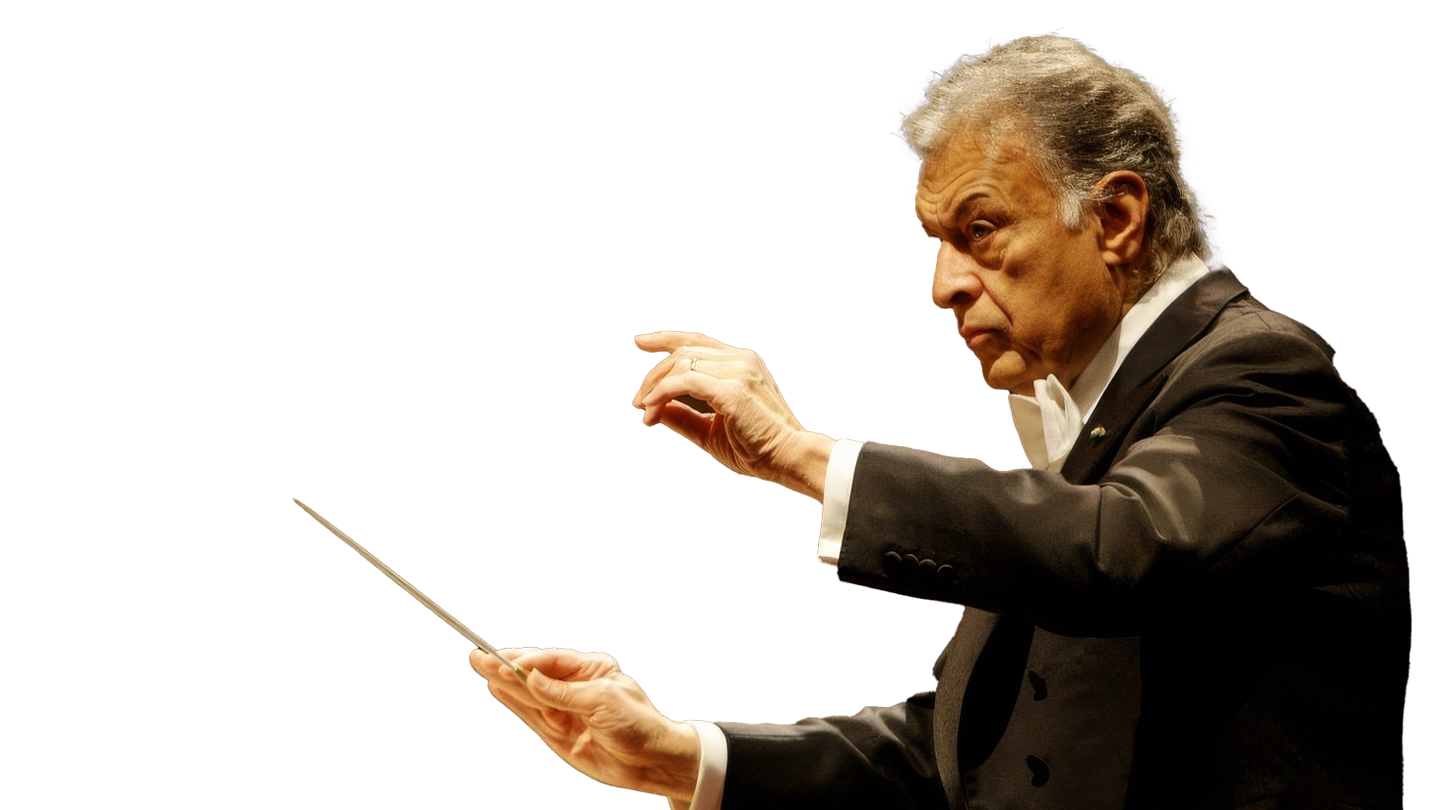
IPO Management

Yuval Shapiro

Jonathon Gertner

Boaz Meirovitch
Global Cultural Ambassador
“It is impossible to imagine Israel without its Philharmonic Orchestra.”
–Shimon Peres
The Israel Philharmonic proudly serves as Israel’s greatest cultural ambassador, unifying diverse audiences through shared, transformative artistic experiences and enriching communities with music education programs that transcend borders. The IPO has had a long history of international touring since its founding and has garnered supporters from around the world through these milestone performances and trips, from performances across the Middle East to America, Asia, and beyond.
Educational Initiatives
Building the Audiences of Tomorrow
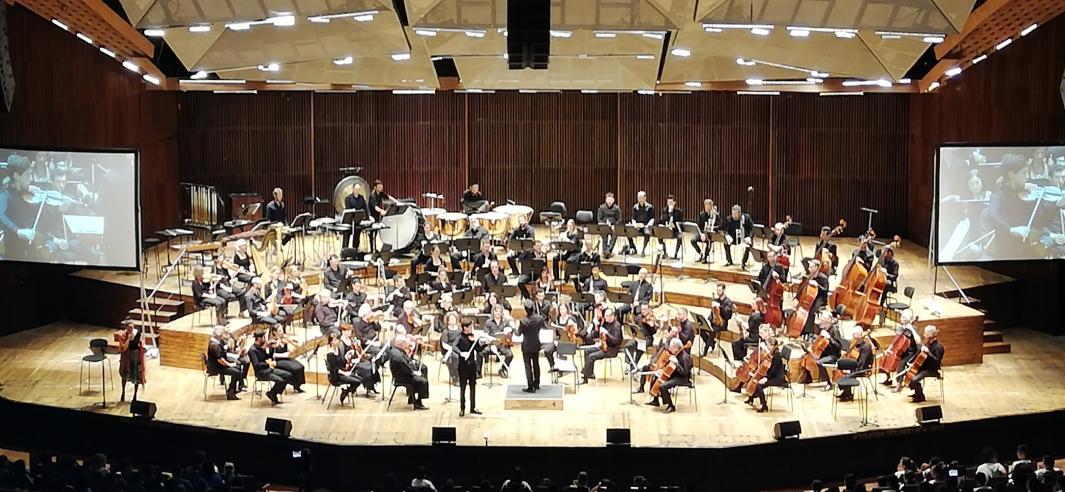
KeyNote
KeyNote is one of the Israel Philharmonic’s classical music education and community-building programs that reach more than 22,500 children every year in Jewish, Arab-Israeli, immigrant, religious, and secular K-12 Israeli schools. Its transformative programs encourage a shared passion for culture in the next generation while promoting openness, tolerance, and mutual respect through music.
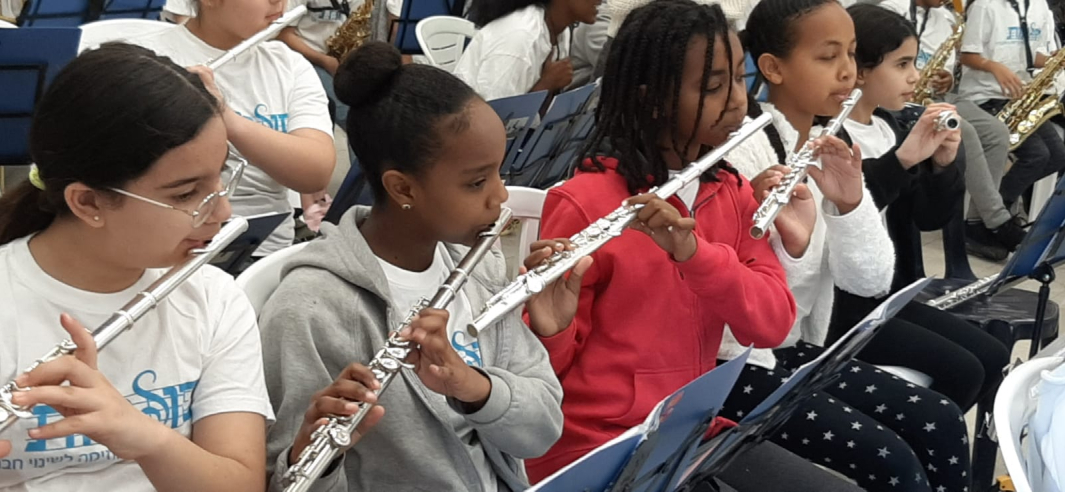
Sulamot: Music for Social Change
Founded in 2010 by the Israel Philharmonic and the Faculty for Social Science at Tel Aviv University, Sulamot creates social change through music. Sulamot’s programs—all free of charge—open the world of music to children from all racial, religious, and socioeconomic backgrounds in Israel.
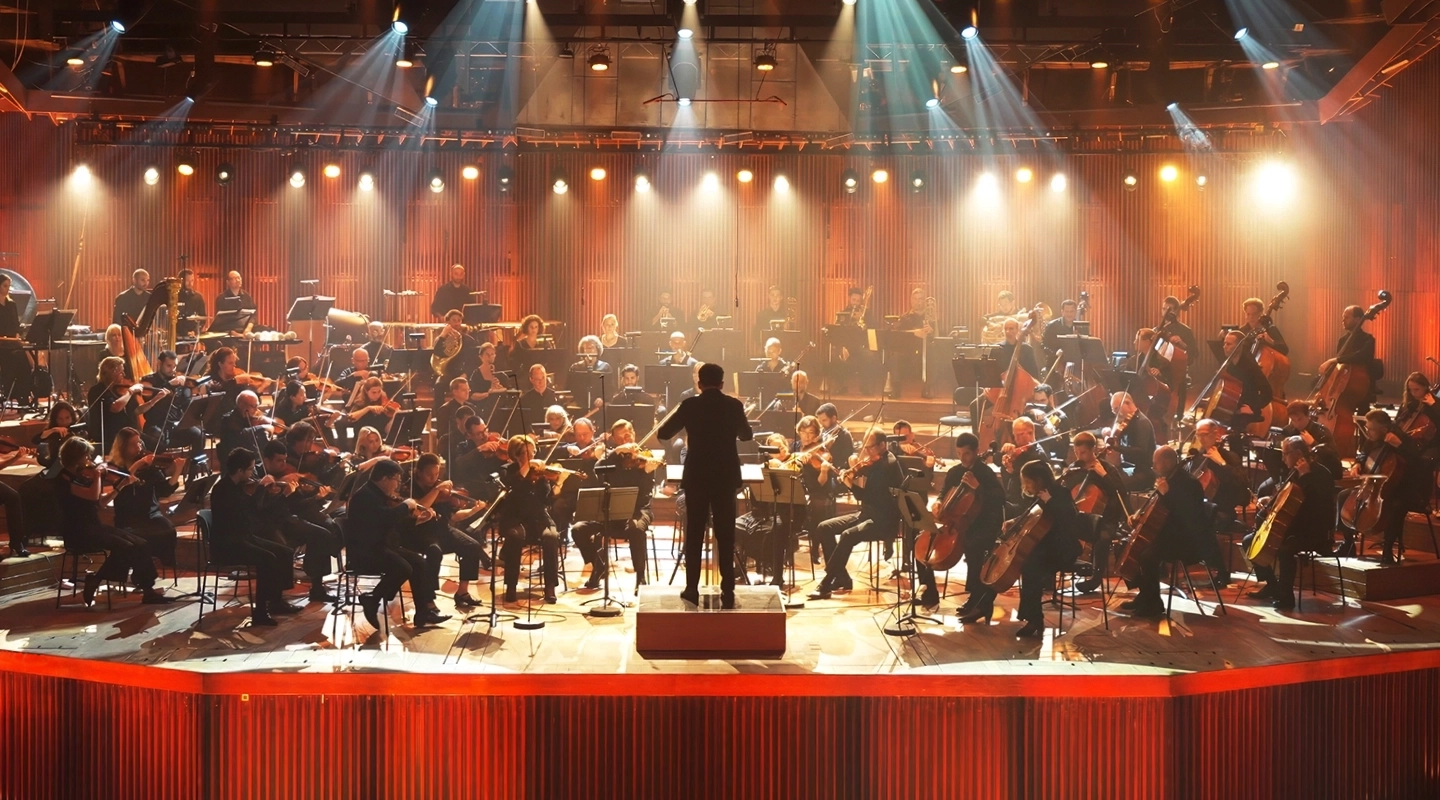
Digital Concerts for Young People
Taking inspiration from Leonard Bernstein’s legendary Young People’s Concerts, the Israel Philharmonic and its Music Director Lahav Shani have recorded an outstanding educational series of musical programs for children aged from kindergarten to elementary school.
WATCH & LISTEN
Videos from AFIPO and the Israel Philharmonic
Vimeography Error: a Vimeography gallery with an ID of “3” was not found.
WATCH & LISTEN
Videos from AFIPO and the Israel Philharmonic
More ways to enjoy the Israel Philharmonic









Attend a Concert in Israel
Traveling to Israel? Make plans to attend an Israel Philharmonic concert!
You can browse the Israel Philharmonic’s current season on their website here.
Personal concierge ticketing services are offered as an exclusive perk for AFIPO donors. Allow us to take you behind-the-scenes at the IPO archive or for a backstage tour at the Charles Bronfman Auditorium before a concert.
For more information or to book tickets, please contact the AFIPO office by email at [email protected] or by calling (212) 697-2949.
